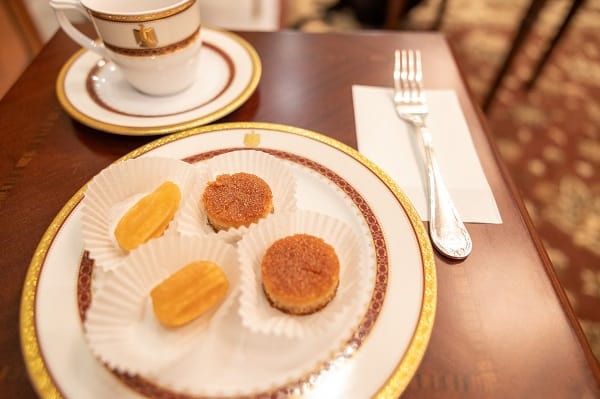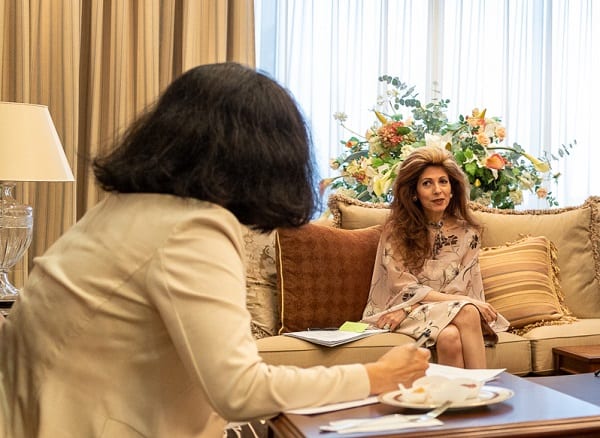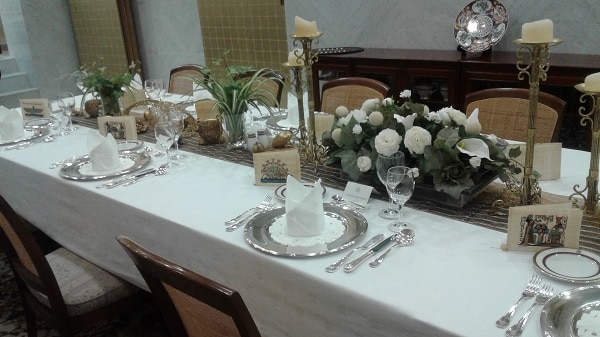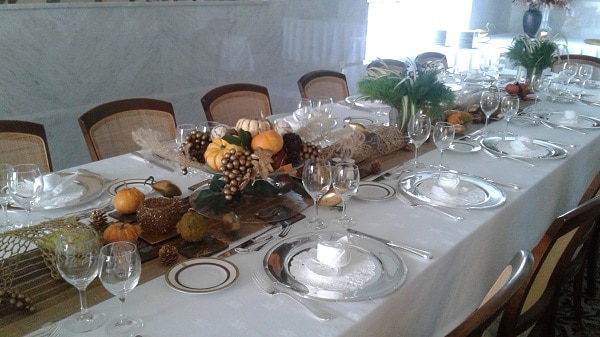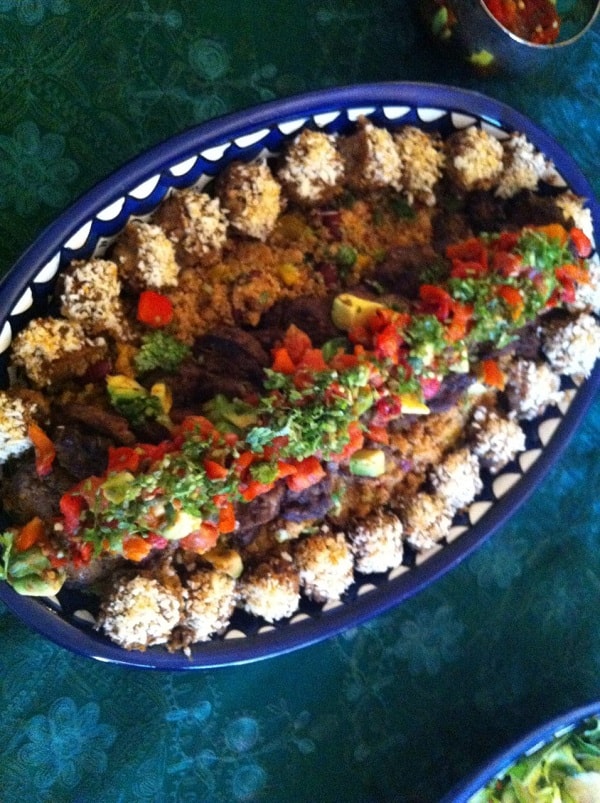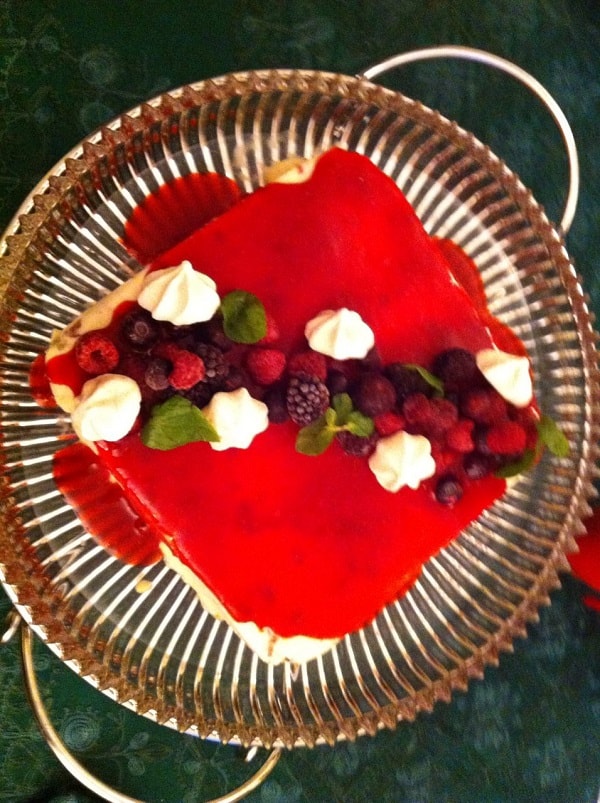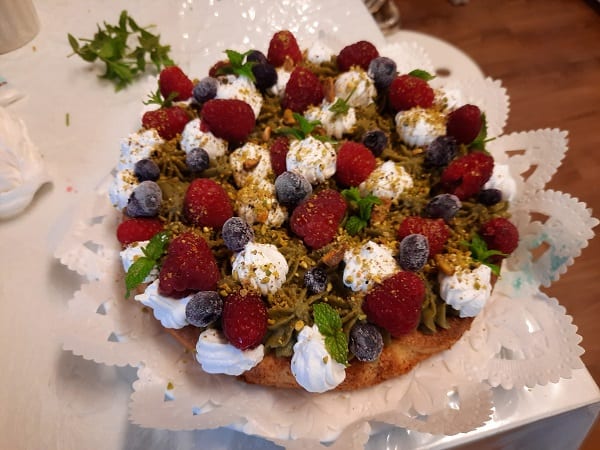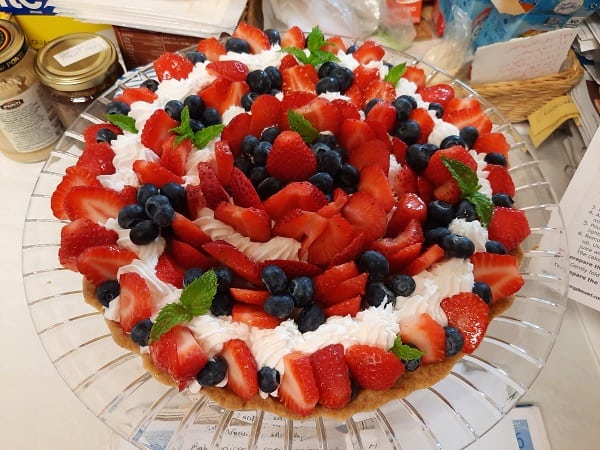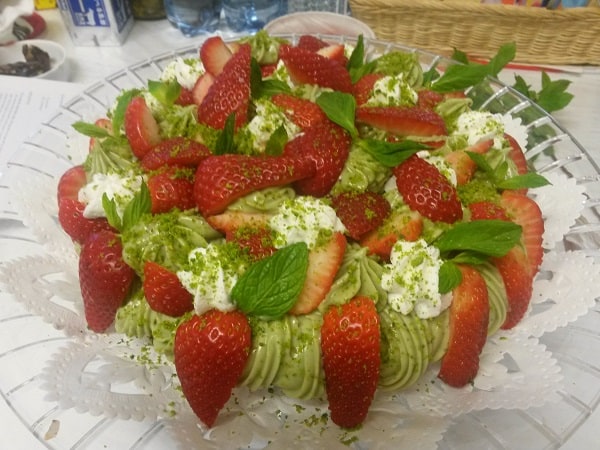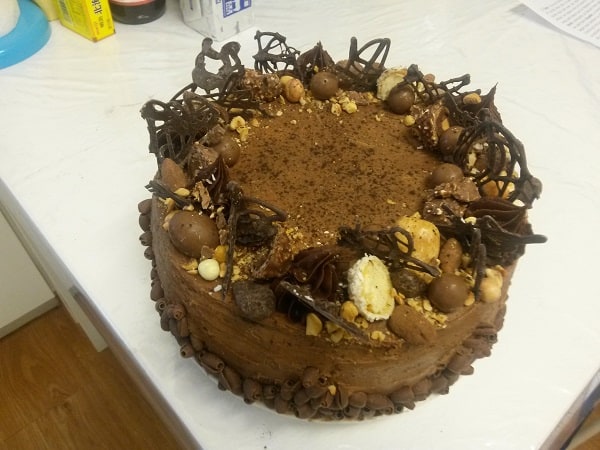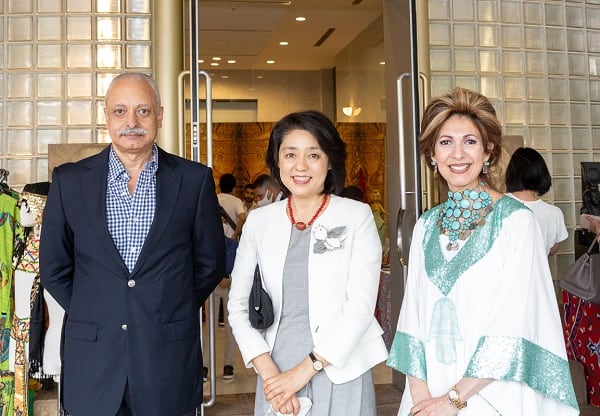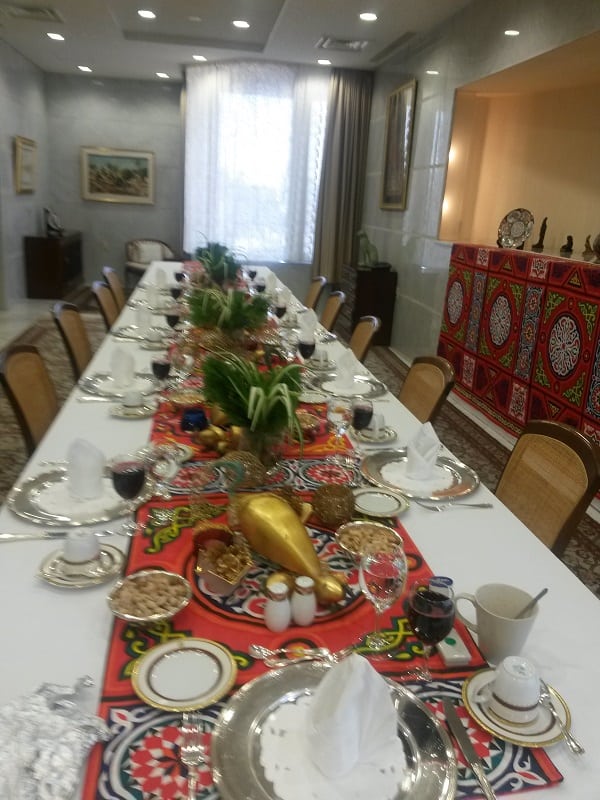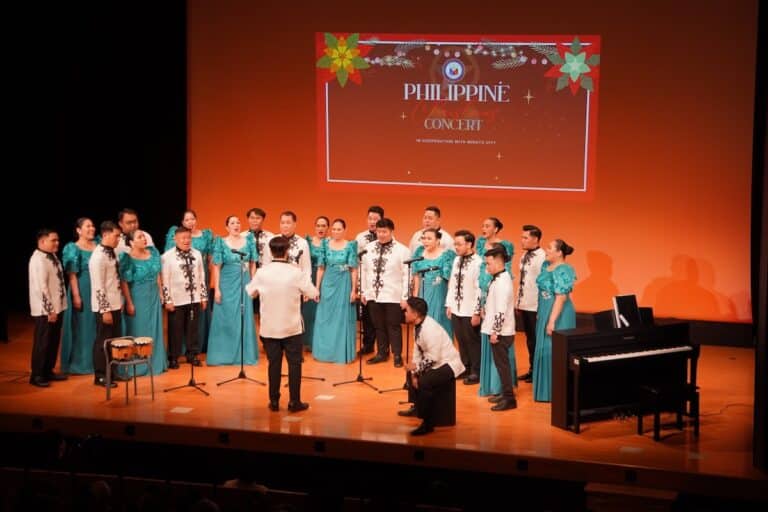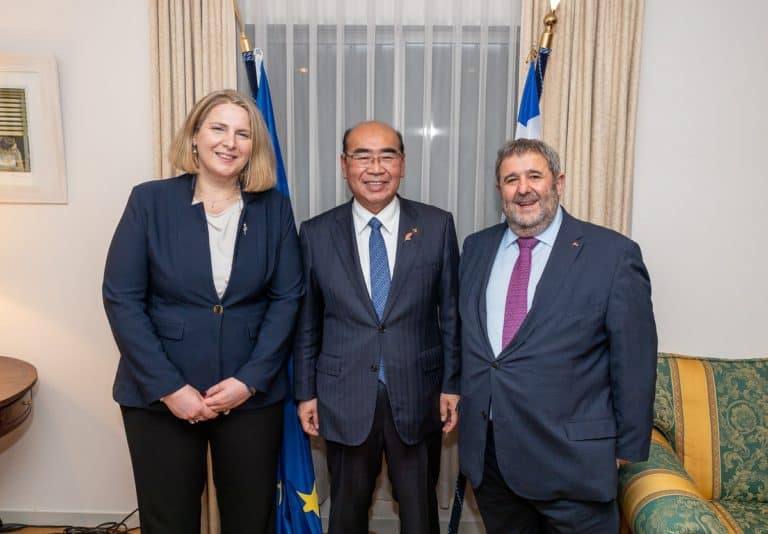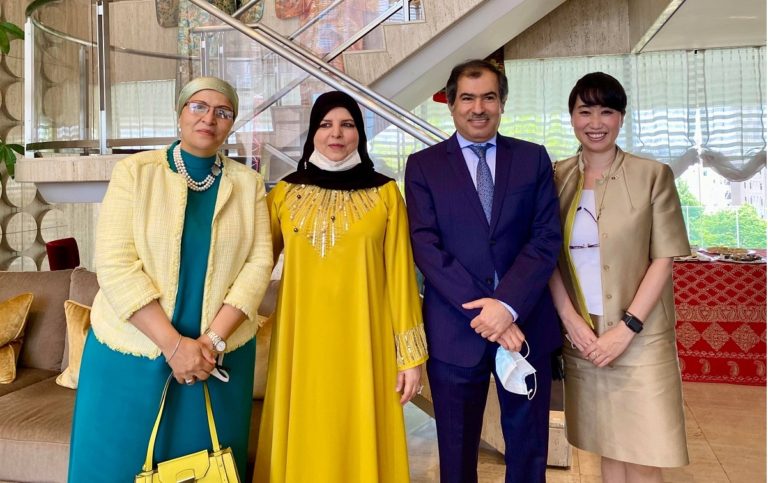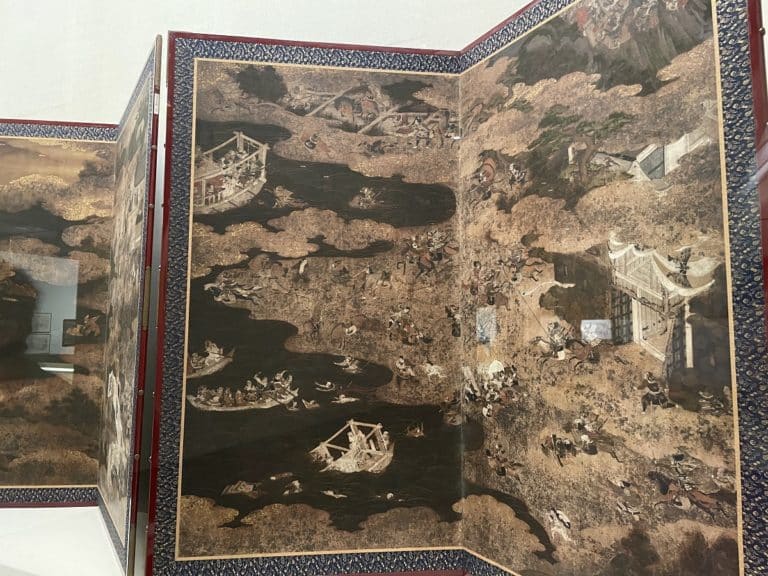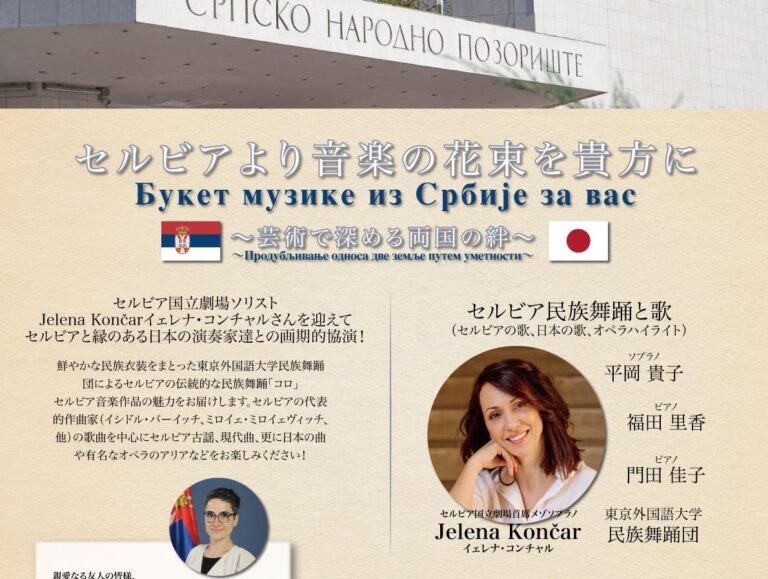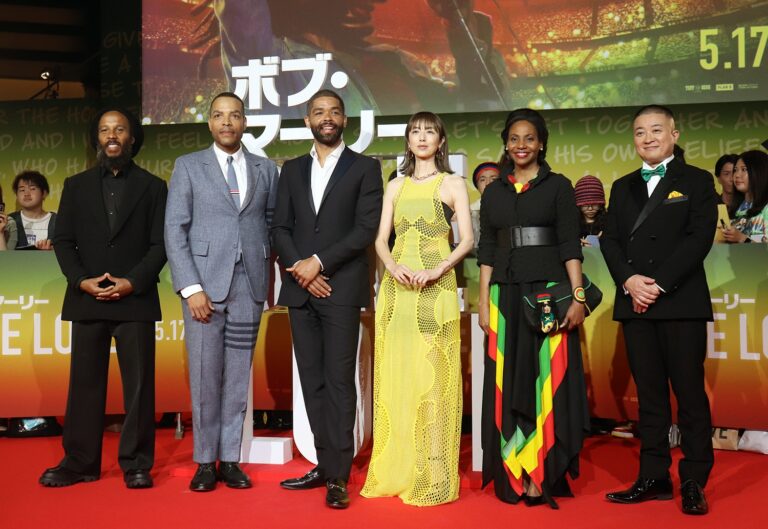Interview with Ghada Kamel, spouse of Egyptian Ambassador, H.E. Mr. Ayman Aly Kamel
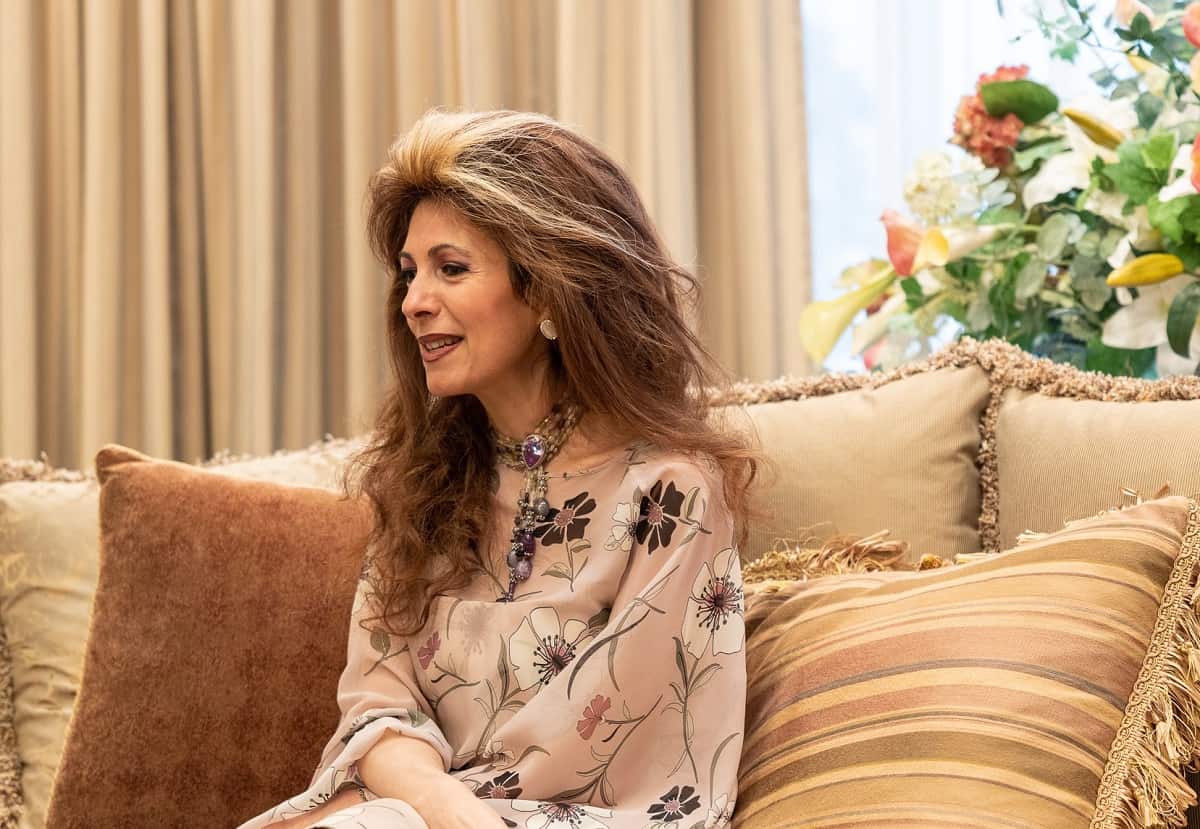
The life of a diplomat is accompanied by encounters and farewells. Many diplomats and their families in their country of residence will return home with countless memories, such as discovering new cultures and meeting people.
This time, Mrs. Ghada Kamel, spouse of His Excellency Mr. Ayman Aly Kamel, Ambassador Extraordinary and Plenipotentiary of Egypt to Japan, who has completed his four-year term, talked about “Japan as seen by a certain ambassador’s wife,” focusing on her cooking and specialty dishes.
How long have you been in Japan?
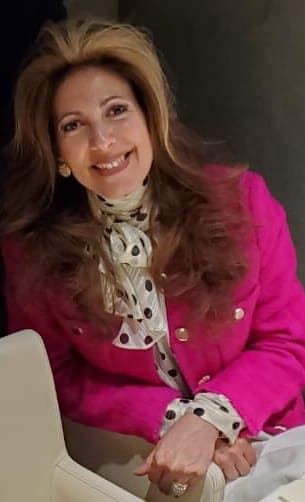
Exactly four years.
When you reflect on these four years, what memories stand out?
Like my husband said at our farewell reception, being in Japan has been a very unique experience. I don’t think you can find such a diverse culture anywhere else in the world. The culture here is very unique and so are the people. I think I’m going to be taking back this wonderful humanity that I found in Japan. People here are so humble, honorable, kind, polite, and honest. Honesty will probably be the biggest part that I take back with me, because the world is not honest anymore. But Japan still is, and this is something that is just admirable.
Where is the most memorable place you have visited in Japan?
That would definitely be Kyoto. Kyoto gave me the vibe of ancient Japan or something similar to what we’ve seen in the movies. I loved that. I loved the shrines, the Golden Temple, the Fushimi Inari Shrine, and all the traditional houses. I think Kyoto displays more of traditional Japan that everybody has an idea of before they come to Japan than Tokyo does. Tokyo is a very cosmopolitan city.
Questions about Mrs Ghada’s cooking
What is your policy on cooking; could you describe some of your different cooking styles? And could you please tell us the differences between the food you make for your family?
When we receive delegations or officials. Hence, we have to serve more of a formal setting. And of course, it depends on the nationality. For Japanese officials, we love to serve them the traditional Egyptian food and, if it’s an Egyptian delegation, then we would probably not serve Egyptian food. I would serve something more international. I love to do this. Usually, I like to serve something that I make. Of course, I get help at the embassy. But often when it’s a buffet, I would make almost half of it.
When it’s seated, I also make a few items I really like. I feel that when you make food with your own hands to serve your guests, it shows them more hospitality. I believe people appreciate it more when you do it yourself. So, yes, it gives me pleasure to cook and make my own dishes to serve my guests.
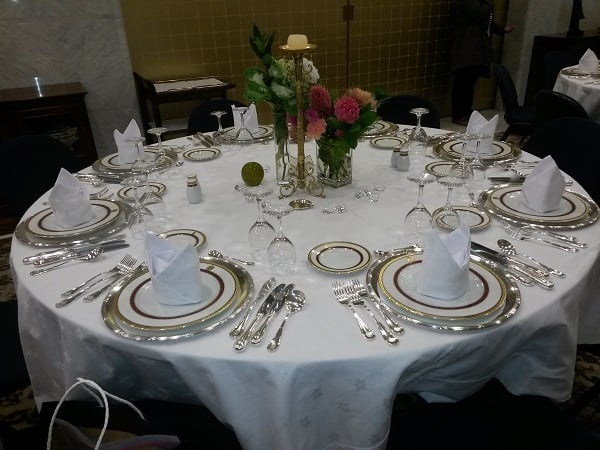
At your farewell reception a few days ago, did you prepare some dishes?
Yes, I did. I made the small quiches, the turkey and some of the sandwiches. We wanted to turn it into a buffet that night. But of course, with Covid-19, it would have been a bit more difficult. So, I thought this would be a better option. This red drink we served is called hibiscus. It is a very traditional drink in Egypt.
We get the leaves from Egypt and we soak them in water overnight or we boil them and then just add a bit of sugar and rosewater. The rosewater sometimes used in the drink is not part of the tradition. Usually, it’s just the hibiscus water and sugar.
It’s healthy and has no caffeine. We usually drink it during Ramadan, but when we are abroad, I like to serve it as an Egyptian drink at the embassy as it’s very traditional to our country.
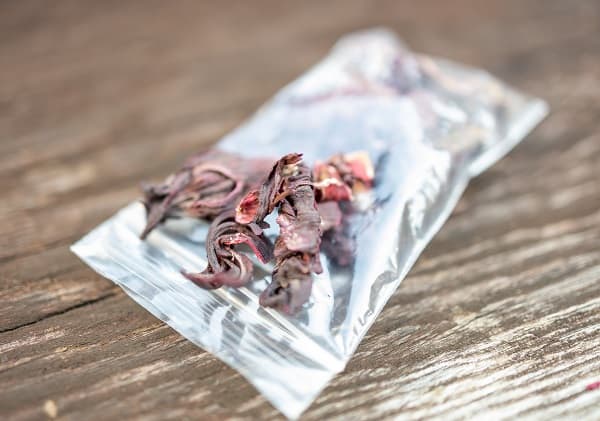
Do you use any Japanese ingredients?
I do. I love the diverse Japanese ingredients such as ponzu, miso paste, yuzu and the variety of mushrooms. I like to experiment with them a lot. In Egypt, we only have the basic white button mushrooms. When we came here, I was so impressed with all the different varieties of mushrooms, that I started to buy all of them to experiment with.
I also really like the taste of lotus. It’s a very new vegetable to us as we don’t have it in the Middle East. The burdock is great too. I simply boil it and make it into a salad. A Japanese friend of mine told me to boil only for four minutes. Then we just add rice vinegar.
Would you describe your style of cooking as Egyptian?
No, my style is mostly international, although I sometimes end up using Japanese ingredients. One example is a combination of salad and soup which I serve together. I would like to cook creamy soup such as squash soup and chicken cream soup. I love Japanese sweet squash and squash soup. So sometimes I try to make it myself.
I also make a lot of salmon for the VIPs, which would be marinated in miso paste and a bit of yuzu. Then we would grill it and add any dressing on top, as well as vegetables, usually potatoes or brussels sprouts.
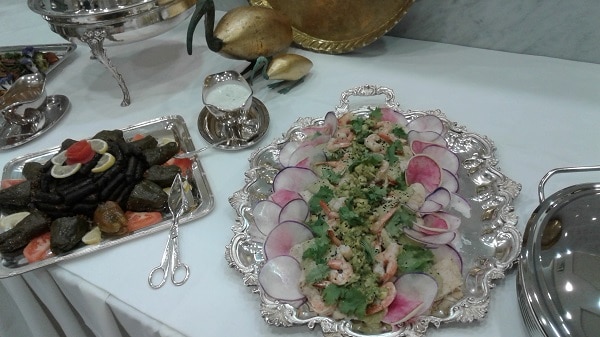
What do you cook for your family?
I usually bake for my husband. He loves meringue praline cake that takes me several days to make. Nonetheless, I make it for him every year because he enjoys that. But I only make it once a year, only on his birthday, as something really special. That’s like a four-layer meringue with hazelnuts cooked and baked into the meringue. I make a praline cream in the middle with caramelized nuts, also in the middle and on the top. That’s for my husband and my children. I have two sons. One of them likes cheesecake, so he always gets a cheesecake on his birthday every year. And the other one is very inconsistent, so it’s a different one every year. But I do try to make it for them because I think it’s more special if you bake it yourself than if you buy it.
Of course, sometimes we have to buy it. For example, when we first arrived here, it was a few weeks before our anniversary, so I couldn’t bake. I had just arrived and I didn’t know where to buy my ingredients. I didn’t know very much about Japan. So, we bought it then and it was beautiful. The baking in Japan is just extraordinary. I don’t think anyone needs to bake here because bakeries have such lovely cakes.
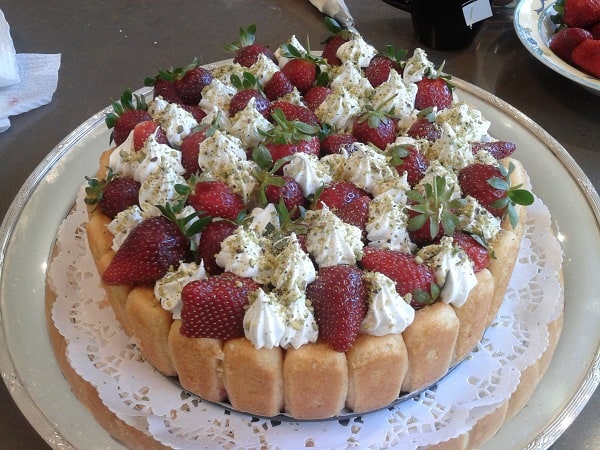
Before Japan, you have lived in many other countries. Have you been influenced by these countries in terms of adopting some of the ingredients or cooking styles?
Yes, I have. I’ve been into cooking ever since I was young, even before I got married. But it was just baking before I got married when my father was also in the same line of work. We traveled around the whole world. I always took bits and pieces from here and there. It was a joy for me to always have a cookbook. And I would buy cookbooks or get cookbooks as gifts because people knew how much I loved cooking in any country that we went to.
Hence, my cooking has definitely been influenced by all the countries that we’ve been in. We lived in Italy for four years. So, I cook a lot of Italian and my children love Italian. I mean, who doesn’t love pasta? We also cook a lot of Arabic. Not Egyptian, but Arabic. We lived in Jordan, that’s very Middle Eastern like the Levant countries. Of course, we do cook a lot of Egyptian, but that’s mainly during Ramadan. I don’t know why, but during Ramadan, we all crave just plain Egyptian food.
What would you take away from Japanese cooking? Do you have any key ingredients or cooking styles you would take from Japan?
I love soba noodles. I actually did buy a lot of those to take with me. A lot of condiments are very unique to Japan. I was very happy here with all I was trying around, all the kinds of sauces, pastes, and the yuzu. I remember I used to ask my son to buy me a lot of those.
So, yes, I’ll definitely be taking these new ingredients to my country. They don’t know a lot about them as they’re very exotic. They’ve just started to learn about these kinds of ingredients. I also bought some powder of Matcha, Green Tea for baking to take with me. Although I’m not much of a tea fan, I like it in baking. I like the color and taste it gives.
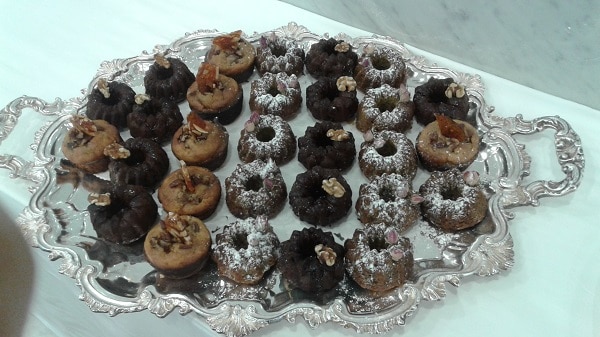
What do you think about the ‘sejour’, the food revolution?
It is completely different in Japan than in any other place in the world. For example, here I was very happy to buy condensed soup, pumpkin soup and corn soup. They were all so excellent. I would never do that in any other country because it’s not as fresh. In other countries, you can taste the preservation, you can taste the chemicals that they put in. But here it’s like you just took it off the stove and it’s really excellent.
It is very convenient that you can just buy anything off the supermarket shelf, and you would know that it’s good quality, no matter how much you pay. It doesn’t have to be very expensive. Even if you pay very little for it, you still get good quality in Japan. And this is something that is not common elsewhere. Here, they really do go to extreme lengths to ensure good quality or else people probably just won’t eat it.
During your stay in Japan, you were invited to various official dinner events which usually serve very formal Japanese food called ‘kaiseki.’ What do you think about the Japanese Kaiseki style food?
It’s very unique. In the beginning, it was very intriguing for us. It took a while for us to understand the traditional way of eating kaiseki. It’s wonderful and with time I have learned a bit more about it. I love all the kinds of food here, although there are some things we don’t eat, not just in Japan, but all around the world. My husband and I are very picky eaters. We only eat a few kinds of seafood. And we don’t any duck nor eel.
But most of the time when it’s vegetarian, we can eat basically any kind of vegetable. I love cabbage and squash but we only have the normal orange, butternut pumpkin in Egypt. I’m going to miss the type found in Japan terribly. It tastes very much like sweet potato to me, and I love sweet potato. In Egypt, we eat a lot of sweet potatoes, especially during the winter.
In Egypt, you may find carts full of sweet potatoes on the streets. There is a small clay oven on top of the cart and sweet potatoes are baked in the oven. The seller would be pushing this wooden cart and baked sweet potatoes are sold at a cheap price. I heard that Japan also sells sweet potatoes like in Egypt. So there is something in common. We still have this now in downtown Cairo. But now, there aren’t as many chestnuts as ever. In Japan, you can see sweet potatoes baked in front of supermarkets for sale during the winter.
What responsibilities in Japan did you enjoy most?
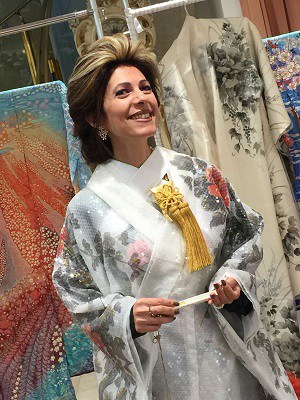
I loved to represent my country to different cultures and civilizations. To me, it’s not work, it’s a passion of mine. I enjoy showing different aspects of our culture to other cultures. I believe this was the most wonderful thing that I did here because Japan and Egypt are so diverse.
Teaching Japanese people about my culture was even more enriching than when I would do it in any other country, for example, in Europe, because the Europeans are very fairly close to our culture. If they want to, it’s so easy for them to just come to Cairo and see what I’m talking about. But here, some of the Japanese people were very fascinated by Egypt, and that was so beautiful to me when I first arrived. I realized that the people here really do want to know about Egypt and they really love the history and culture of Egypt.
How do you stay in touch with Japan?
I made some wonderful friends here and I met beautiful Japanese people. They were so warm and hospitable to me. I will always be very humbled by their friendship and will always try to stay in touch as much as I can.
Thank you very much for this interview, Mrs. Kamel.
Attending: Hiroko M. Ohiwa, David Schneider

